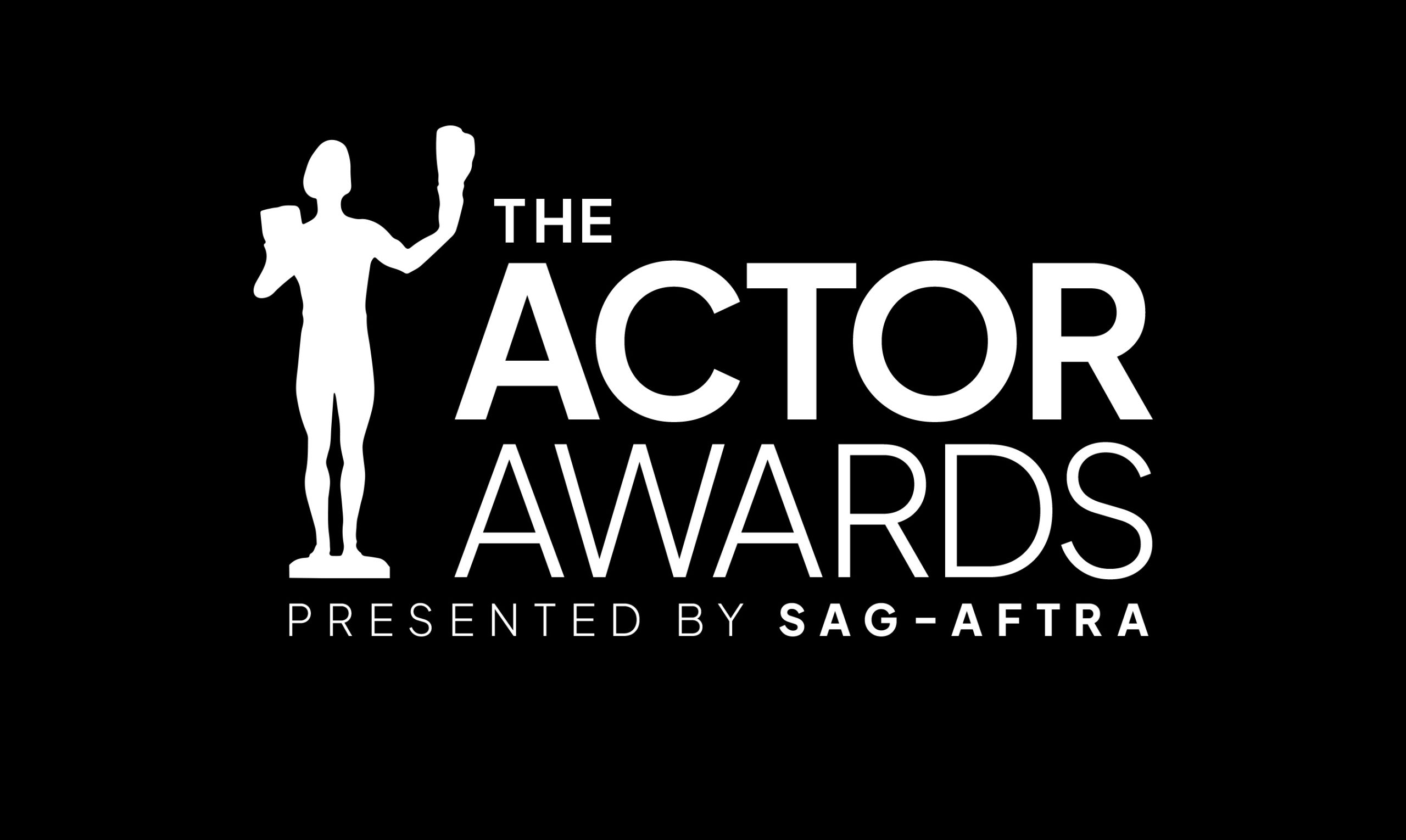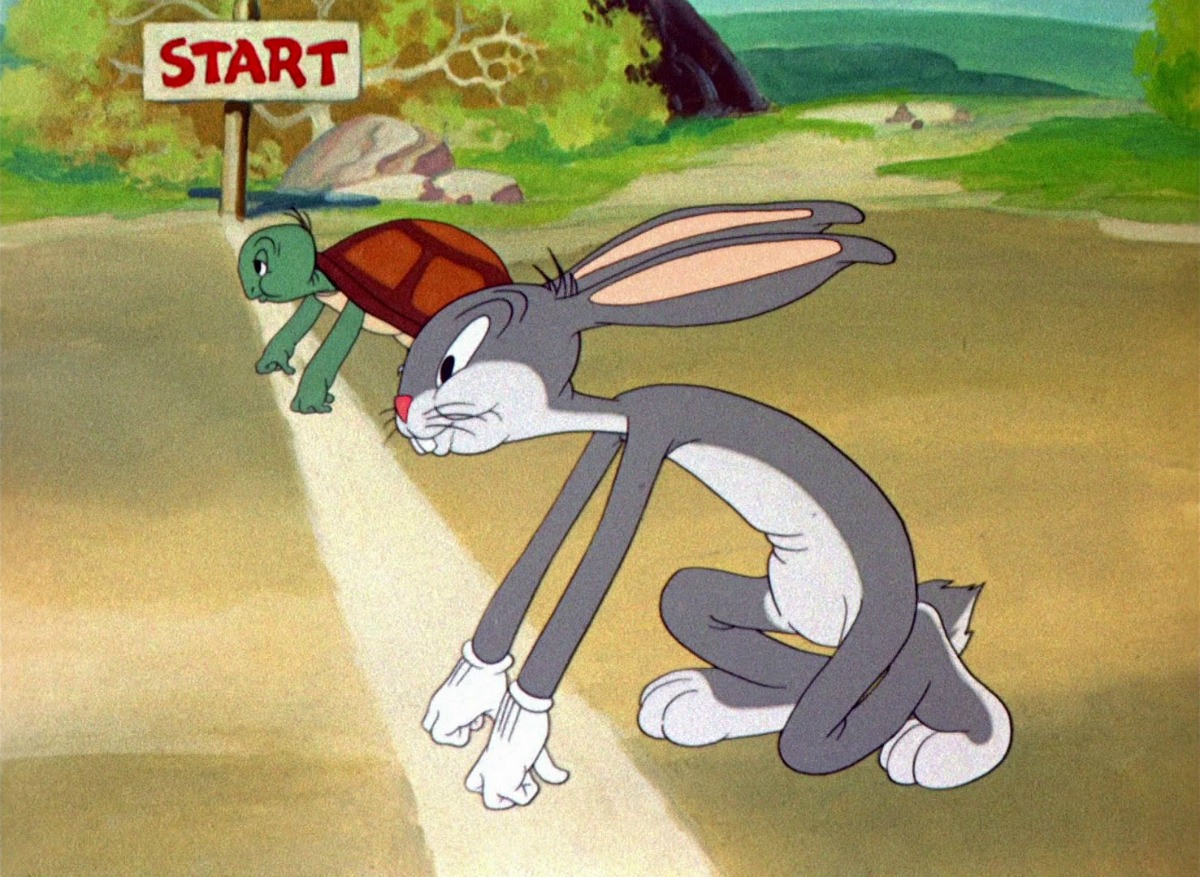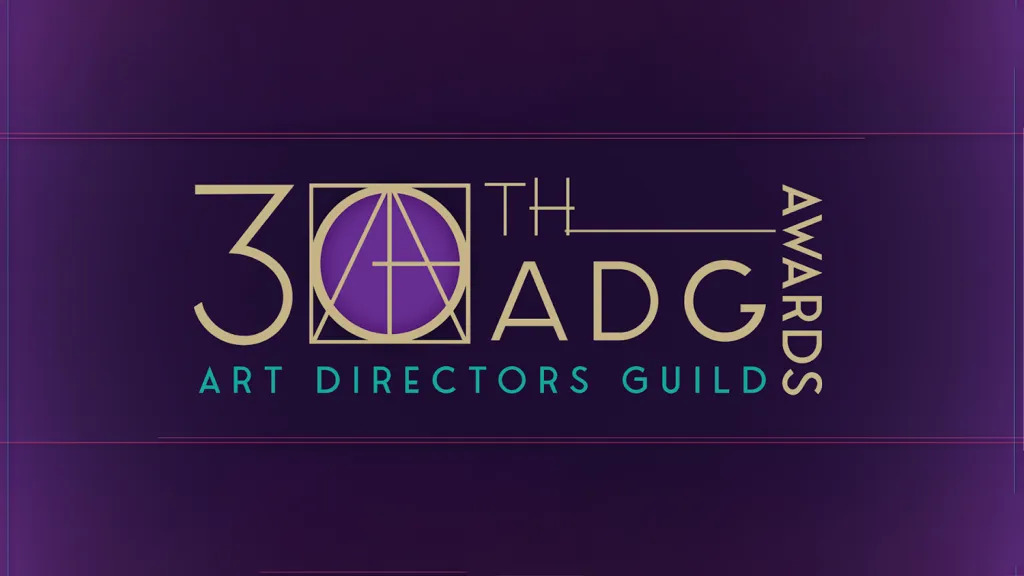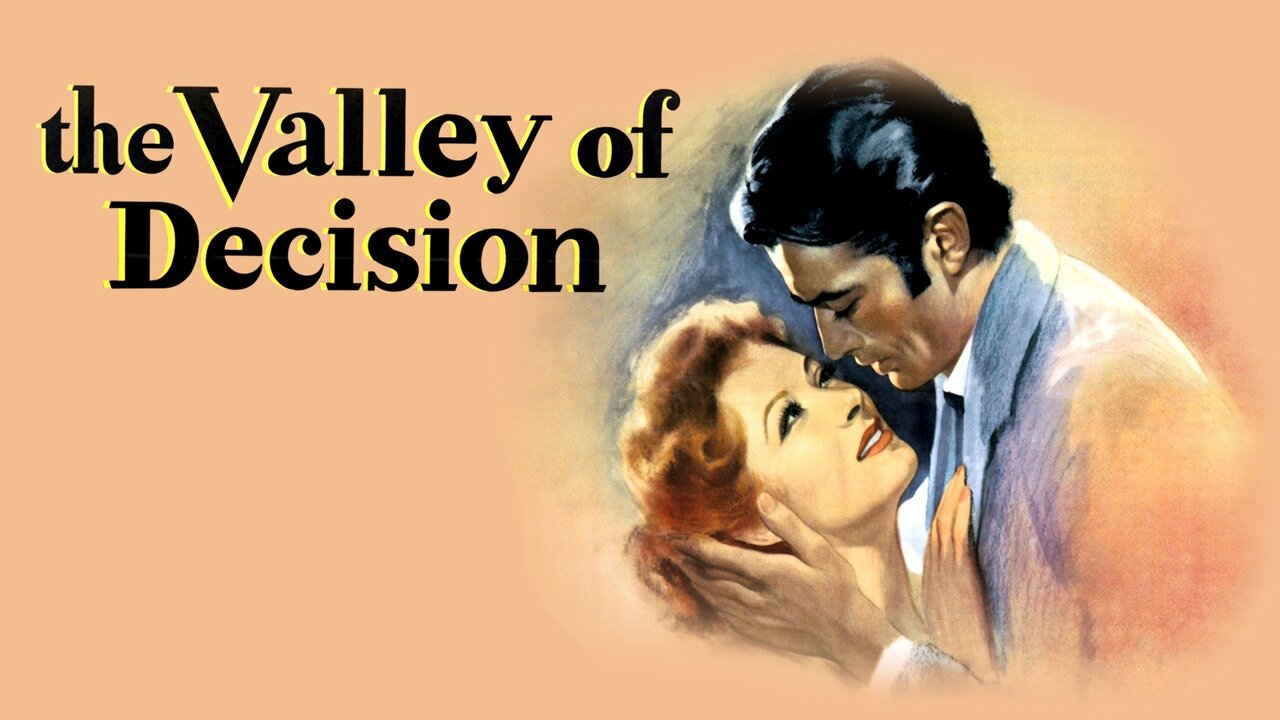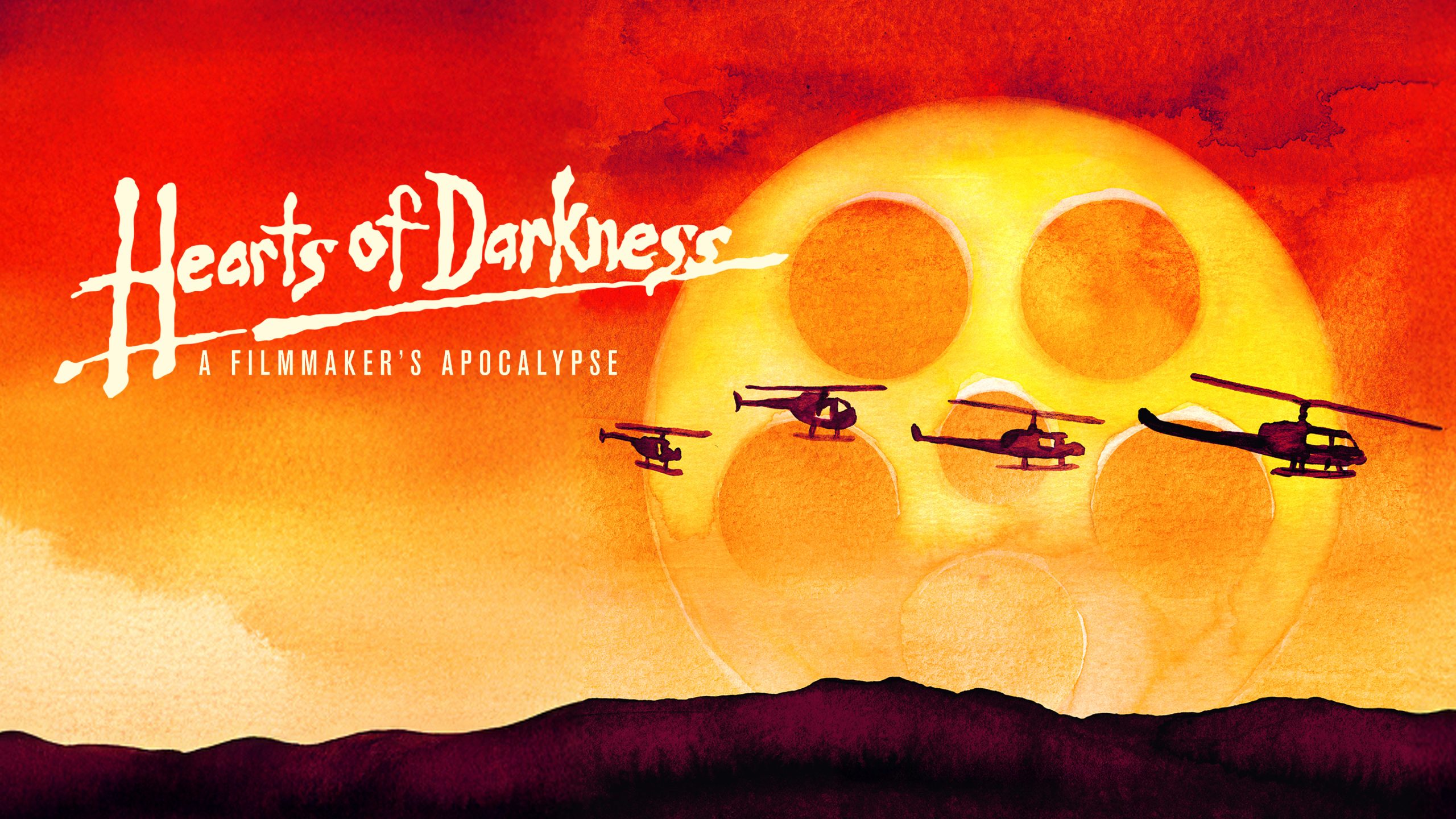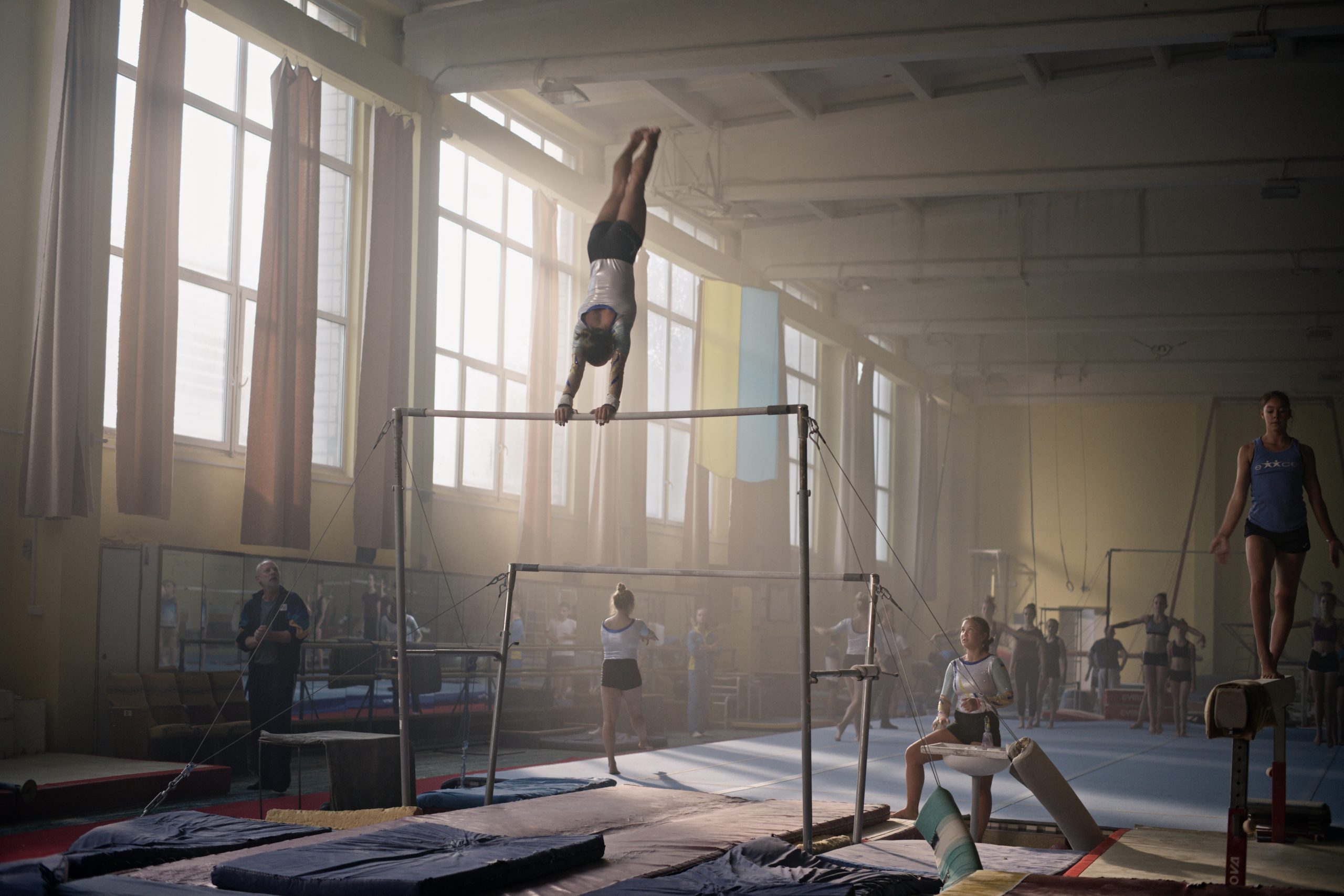
Olga is about a teenage gymnast training for the European championship in hope of making the Olympics but her heart is elsewhere.
The key to making a sports movie is balancing the sports side of things with the drama or comedy. In this film’s instance, it’s balancing with drama and at times, action. Elie Grappe–with co-writer Raphaëlle Desplechin–has a good grasp of the story he wants to tell from Olga’s (Anastasia Budiashkina) point-of-view. It’s one that’s made stronger from talking with the athletes during the writing process. However, gymnastics is just one half of the equation. The other half is drawn from the revolution that transpired in Ukraine. Olga’s mother, Ilona (Tanya Mikhina), is a journalist reporting on what’s happening in Ukraine and this has a strong affect on the gymnast. With Olga being a gymnast competing at that level, she cannot afford to have any distractions.
The geopolitical events taking place certainly are affecting Olga. We especially see this during some of the practices after arriving in Switzerland. It might be her father’s native country but she hardly even knew the man. This is a new experience for her. A language barrier has an impact from the start. She might be able to control her efforts at gymnastics but she has no control over everything back home. Regardless, her mind is certainly back home with her mom, Ilona, and best friend, Sasha (Sabrina Rubtsova). You can’t help but feel for her, too! And again, this is not just an individual sport. How she performs has a direct impact on how her team does during the championships. All it takes is a bad showing and that makes all the difference in the world. I’ve watched enough gymnastics in my life to know this.
For Olga to make the Swiss team, she needs to apply for citizenship. But in order to do so, it also means renouncing her Ukranian citizenship. She can be one or the other but not both. It’s not an easy choice but it’s one that is ultimately made for her if she wants to compete at this level.
You can teach an athlete to act. However, it’s much harder to teach an actor how to play sports. This couldn’t be more true when it comes to Olga. When the sport at play is gymnastics at this level, there’s no point in going for actors. You have to go straight for the athletes and hope to G-d that they can act. Anastasia Budiashkina, who stars as Olga, came to this film from Ukraine’s national reserve team. Some of the other gymnasts also come from the Ukranian or Swiss teams. Compared to Stick It and Freeform series Make it or Break It, this casting lessens the need for stunt doubles.
It’s easier to film gymnastics during the Olympics or national/world championships because you aren’t cutting away from the action. Here, you’re cutting from shot to shot at a more frequent level. It could be the hands, feet, or something else that draws the main focus. This is the trickiest part that comes with writing a narrative feature with sports as a main focus. Suffice it to say, I think the filmmakers do a solid job with this.
In 2015, Grappe previously co-directed a documentary about a Ukrainian violinist arriving in Switzerland just before the Euromaidan. Because of this, it’s really not a surprise that the film uses actual videos shot by protesters during the Euromaidan. There is really no other option here. You really have to use the original footage. I mean, you could try recreating on set or location but it wouldn’t feel the same way. In going this route, it adds a sense of authenticity to the narrative. The fact that Olga can only watch these images from afar strengthens the narrative.
Olga isn’t just a sports movie but one that also explores geopolitics and its impact.
DIRECTOR: Elie Grappe
SCREENWRITERS: Elie Grappe & Raphaëlle Desplechin
CAST: Anastasia Budiashkina, Sabrina Rubtsova, Caterina Barloggio, Thea Brogli, Tanya Mikhina, Jérôme Martin, Alicia Onomor, Lou Steffen, Alexandr Mavrits
